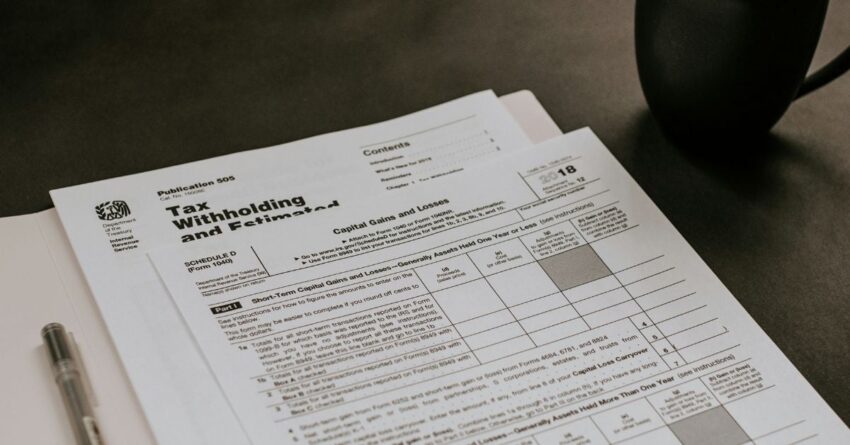Americans aged 65 and older will receive a significant new tax break under the sweeping tax legislation signed into law by President Donald Trump. The law introduces a bonus deduction worth up to $6,000 per eligible taxpayer — or $12,000 for married couples filing jointly if both spouses are 65 or older — offering seniors a potentially substantial reduction in their taxable income.
Tax break

The new deduction takes effect for the 2025 tax year and can be claimed on returns filed in 2026. Lawmakers created the bonus deduction as a more straightforward and more cost-effective alternative to Trump’s campaign proposal of eliminating federal taxes on Social Security benefits, which analysts estimated could reduce government revenue by $1.5 trillion over a decade. “This will put more money back in people’s pockets, and I think that’s the whole point,” said Mark Gallegos, a CPA and tax partner at Porte Brown LLC in Chicago.
Income limitations

The deduction is available to all taxpayers 65 and older, but it comes with income limitations. The full $6,000 deduction begins to phase out once a single filer’s modified adjusted gross income (MAGI) reaches $75,000, or $150,000 for married couples filing jointly. The value of the deduction is reduced by 6 percent of the income above these thresholds. Unlike the regular standard deduction and the additional standard deduction for seniors, this new bonus deduction can be claimed by both itemizers and non-itemizers. Tax experts say this flexibility is unusual and beneficial for retirees. In 2025, the existing additional standard deduction for seniors will remain in place — $2,000 for a single filer aged 65 or older, or $3,200 for a married couple if both spouses are 65 or older. Taxpayers can stack the new bonus deduction on top of the regular and additional standard deductions if they qualify, maximizing their savings.
Middle-income seniors

The new tax break is set to run from 2025 through 2028, offering temporary relief to millions of retirees. Analysts say the phase-out thresholds are designed to concentrate the benefit on lower- and middle-income seniors, who stand to gain the most. “Social Security beneficiaries with lower incomes generally don’t owe taxes on their benefits,” noted Mark Luscombe, a CPA and principal analyst for Wolters Kluwer Tax and Accounting. “The income limits will focus this on lower- to middle-income taxpayers,” he added.
Tax benefits

Lawmakers opted for a deduction rather than altering the taxation of Social Security benefits because the latter would have required a complex overhaul of the tax code and disproportionately benefited higher-income retirees. By contrast, the bonus deduction is simple to implement and delivers more immediate relief to those who need it most. Only about 10 percent of taxpayers in the income range targeted by the deduction currently itemize their taxes, meaning the new provision will primarily serve those who take the standard deduction. For seniors navigating retirement budgets, the timing could prove helpful. With the combination of existing deductions and the new bonus deduction, a married couple over 65 with moderate income could reduce their taxable income by more than $20,000 starting in 2025.
The post New bonus tax deduction worth $6K: Who qualifies appeared first on Knewz.
Click this link for the original source of this article.
Author: Joshua Wilburn
This content is courtesy of, and owned and copyrighted by, https://knewz.com and its author. This content is made available by use of the public RSS feed offered by the host site and is used for educational purposes only. If you are the author or represent the host site and would like this content removed now and in the future, please contact USSANews.com using the email address in the Contact page found in the website menu.





